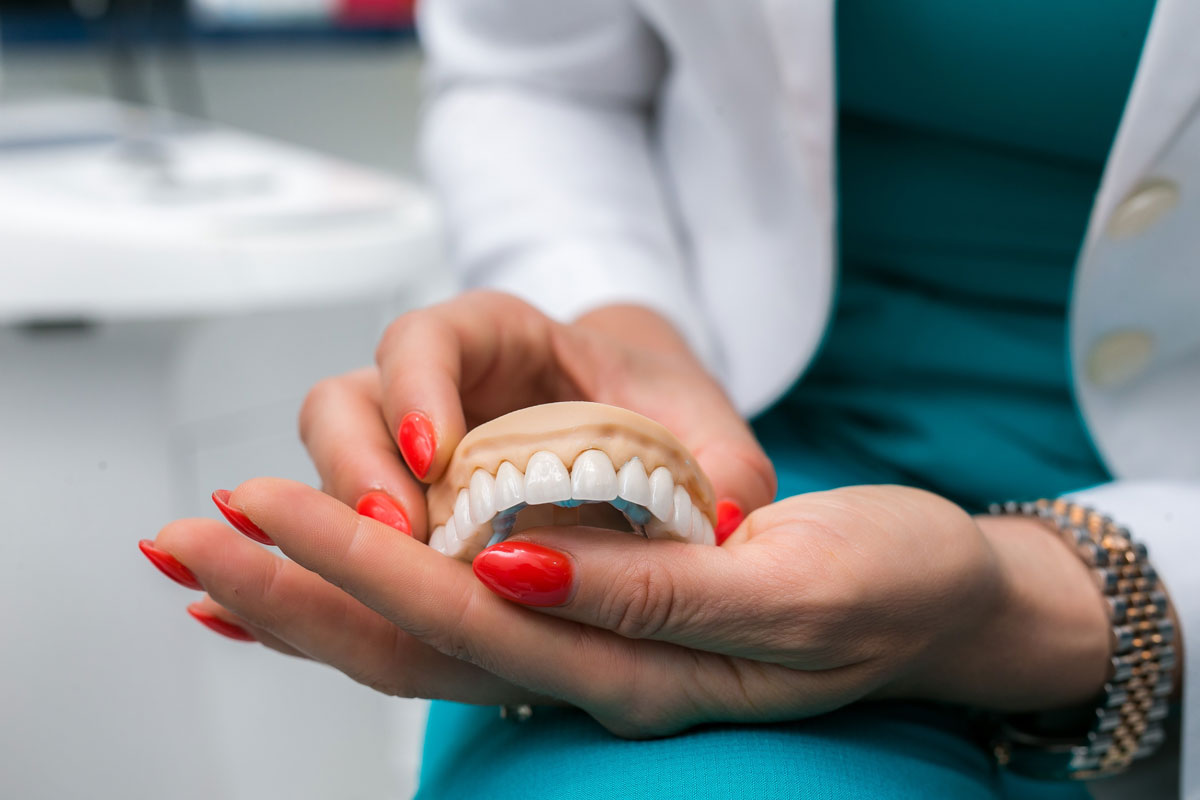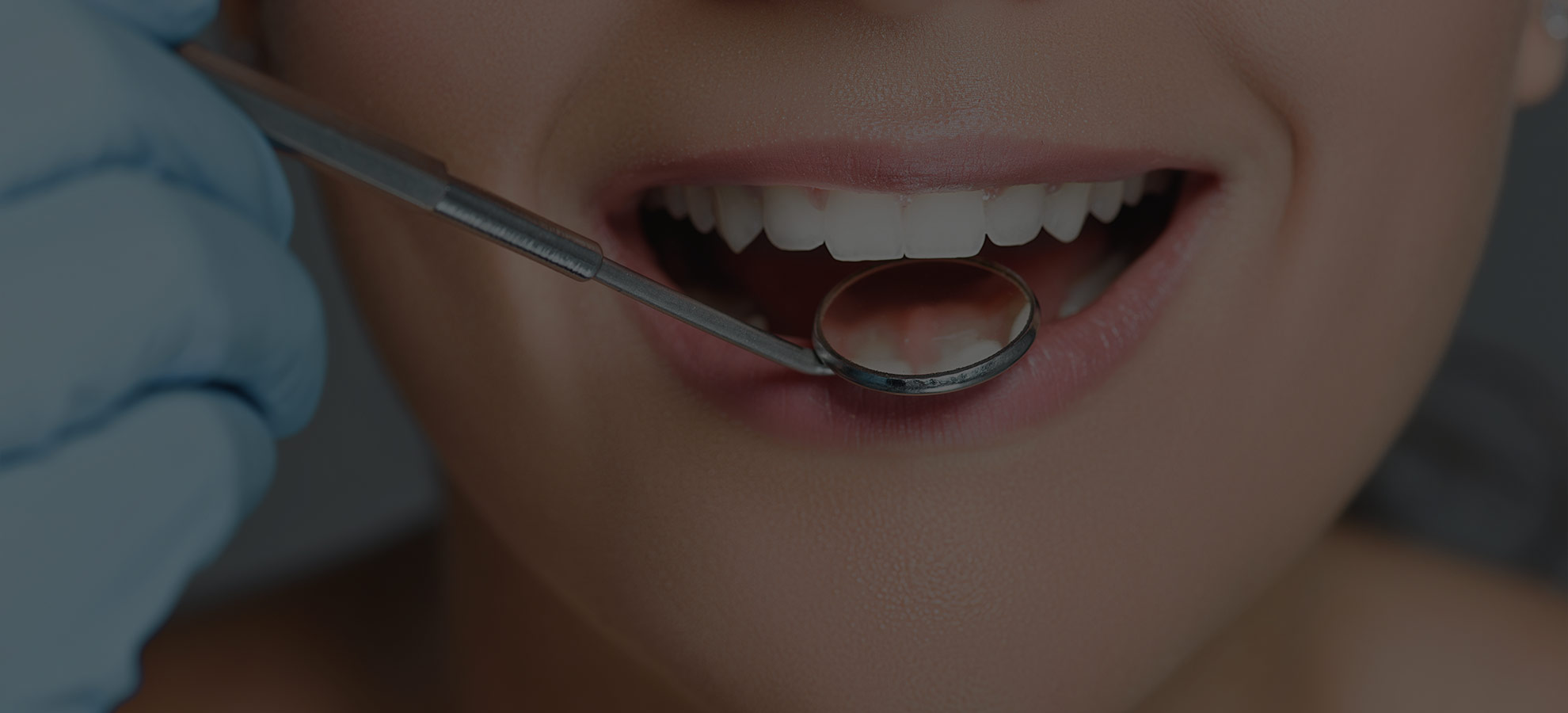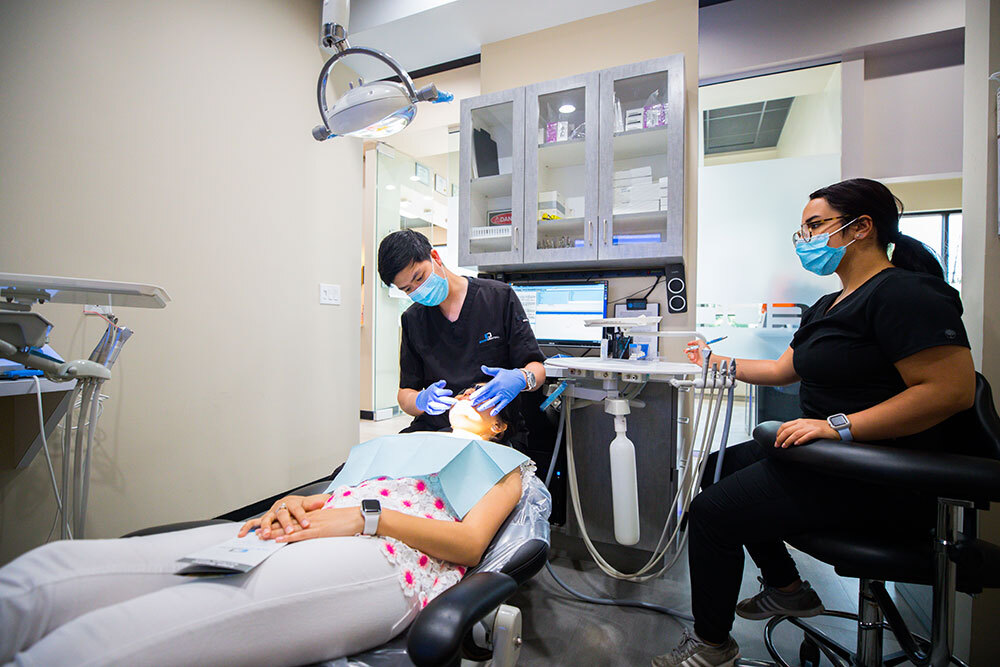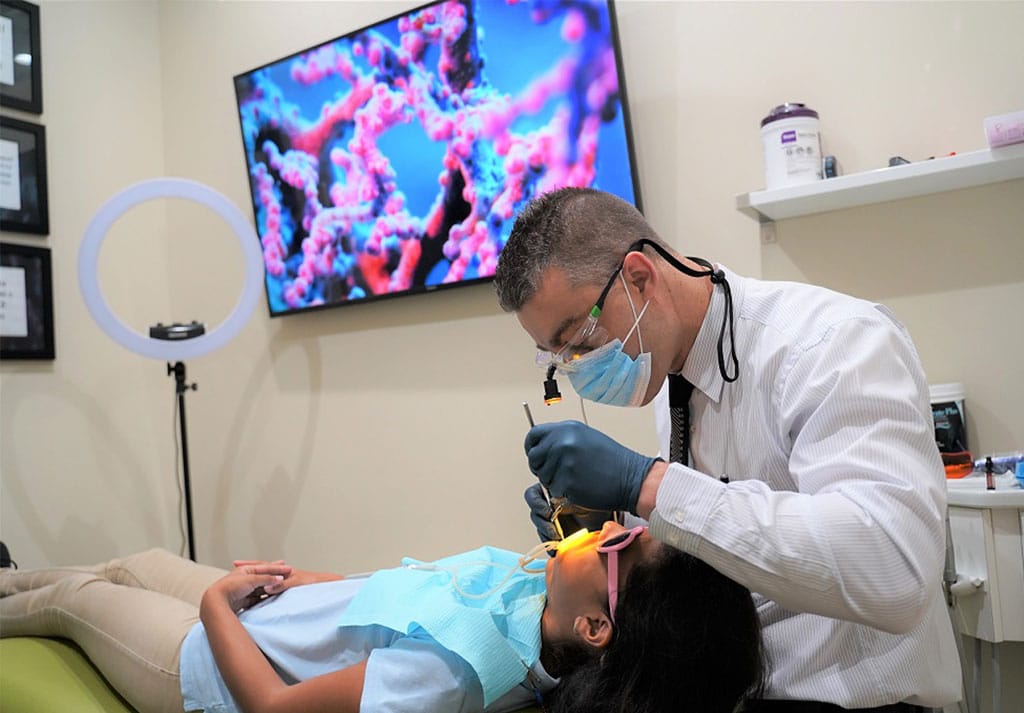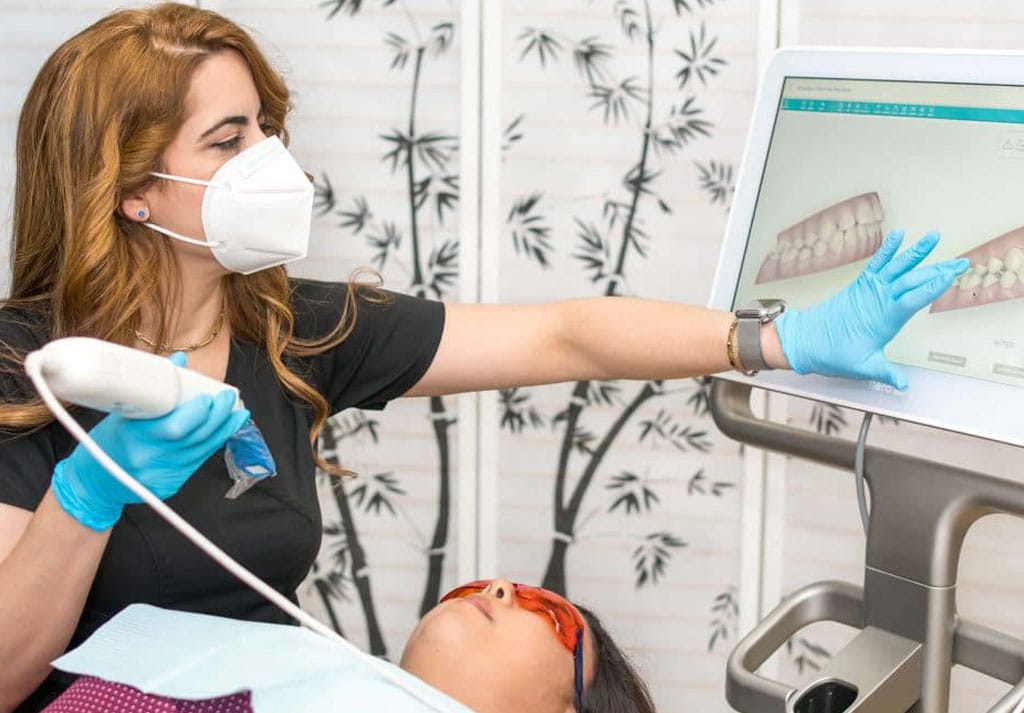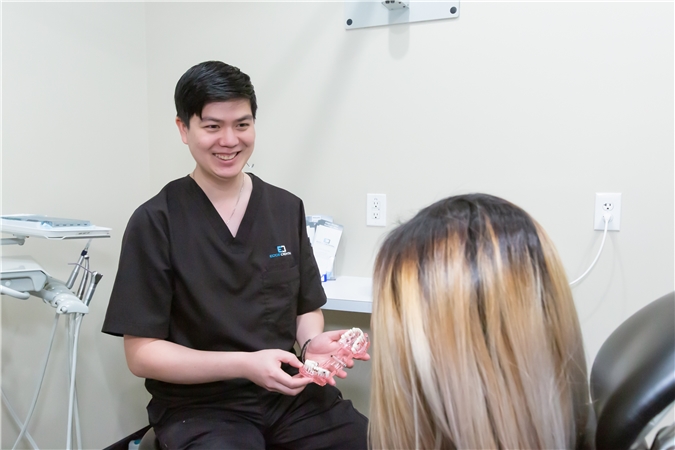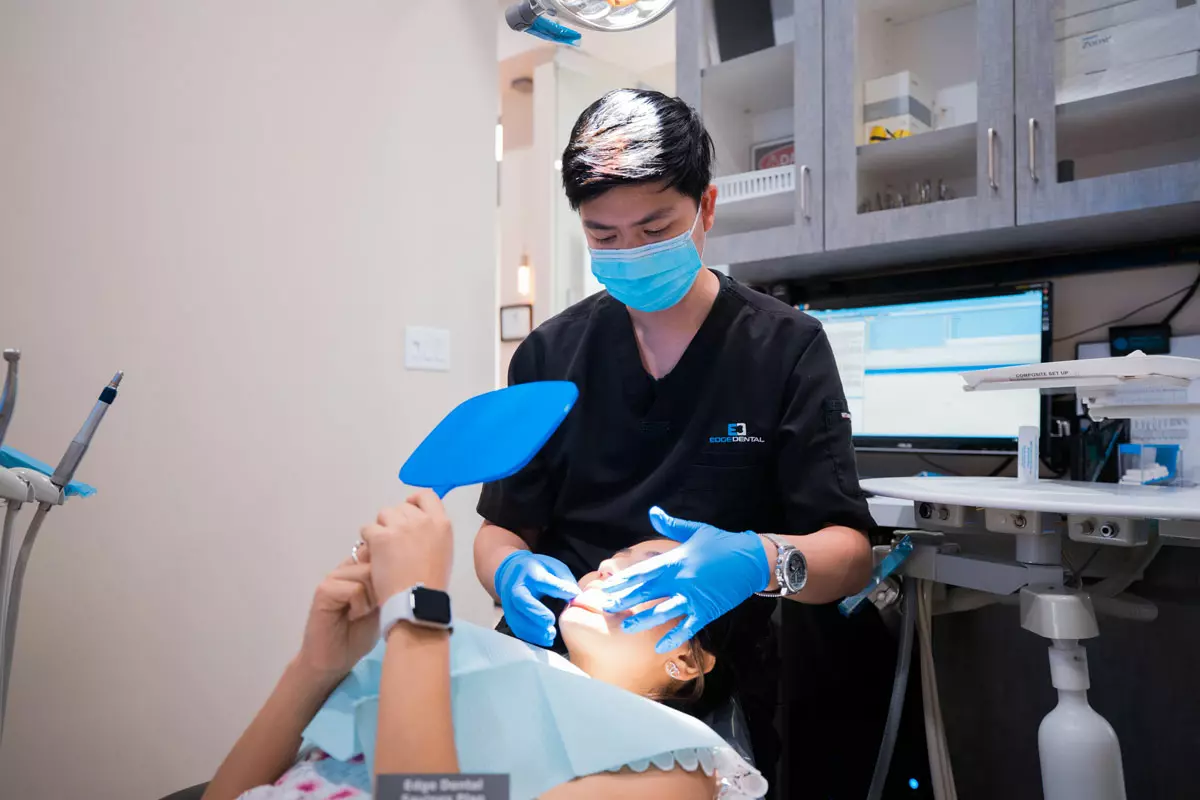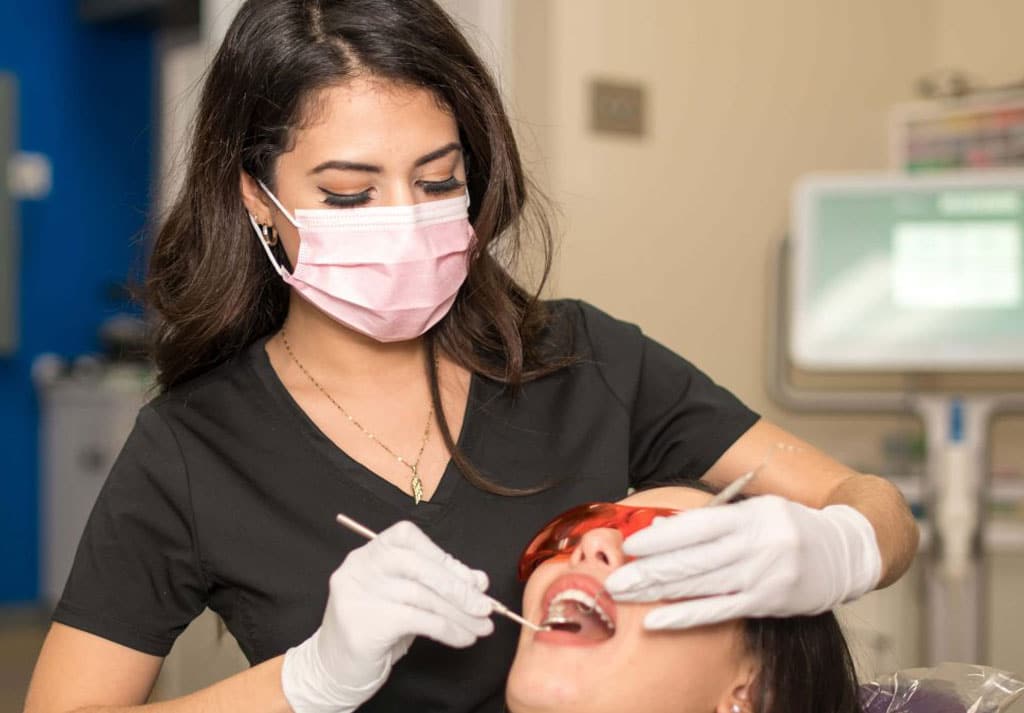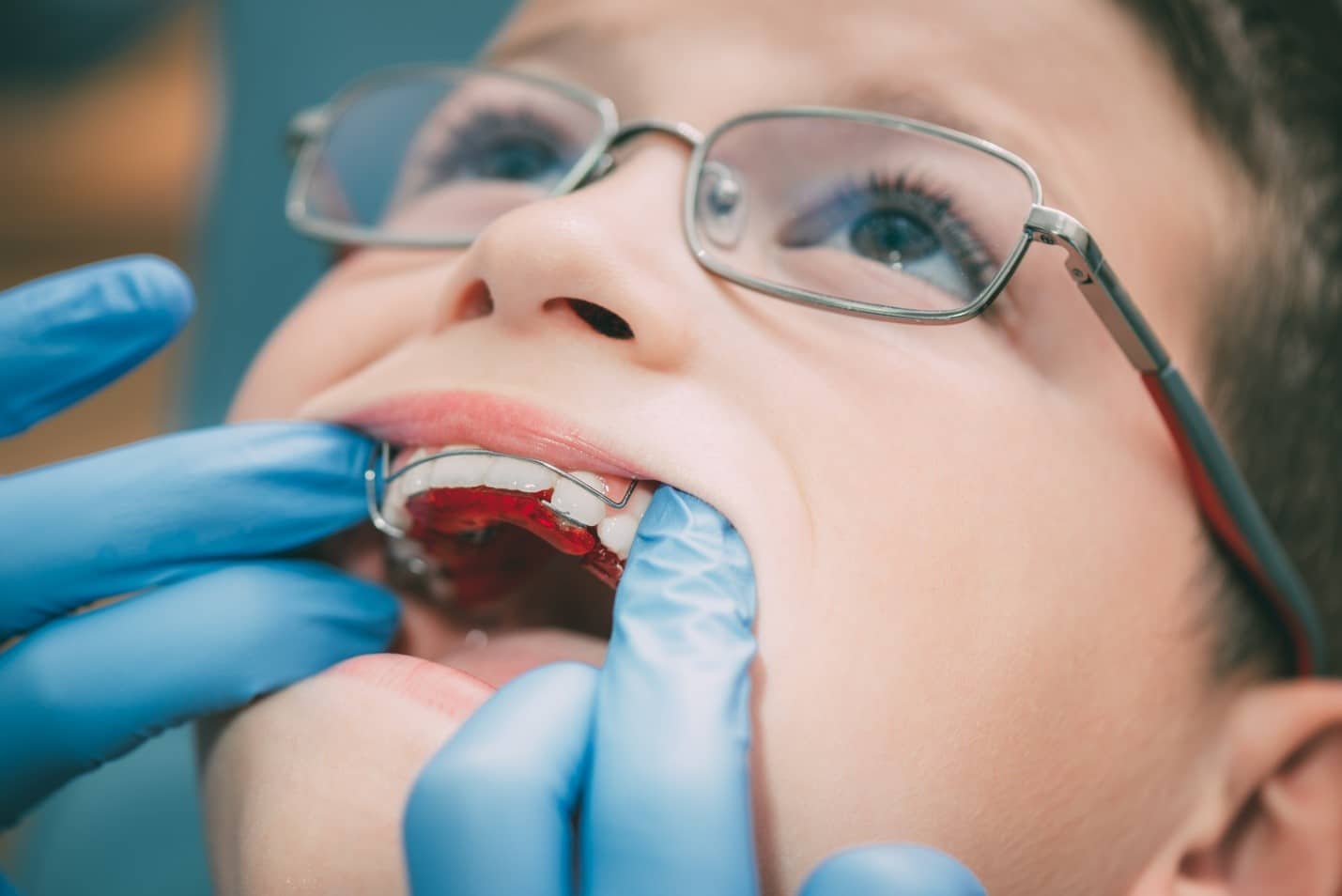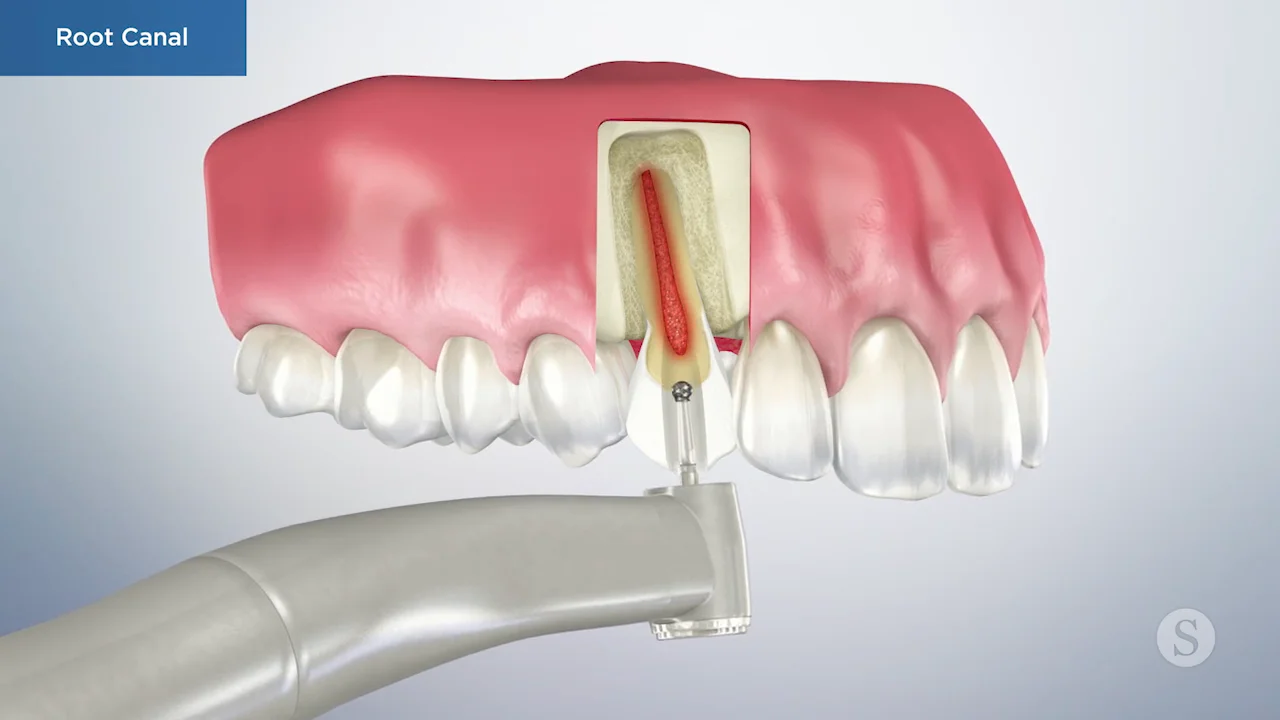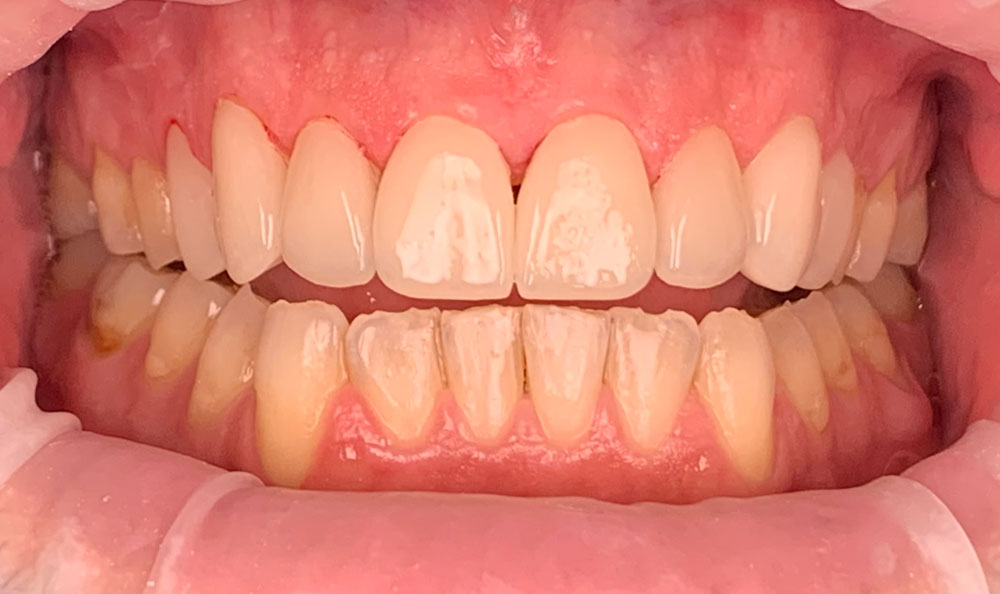Deep cleaning is a procedure that ensures a clean mouth. It is usually needed when severe gum disease develops; treating it is essential for good oral health. The deep cleaning dental procedure helps to remove all the tartar and cleans the gums and tooth surfaces. It is a useful treatment for enjoying a beautiful smile.

What Is Deep Cleaning of Teeth?
Dental deep cleaning Houston is the procedure of cleaning teeth deeply using dental tools. This procedure involves cleaning your teeth's hard-to-clean spots where your brush can't reach. The dentist uses the tool to clean the roots and pockets of your teeth. Cleaning is essential to remove the tartar and plaque deposited on and around your teeth. If left untreated, it can become a severe infection.
As such, the dentist uses a technique known as periodontal scaling and root planing to remove the hard substance from around your teeth. If the tartar can't be removed using manual scraping, the dentist may use an ultrasonic removal appliance. This is the main difference between deep cleaning and regular cleaning. The process of drawing tartar can sometimes be quite challenging.
Therefore, the deep cleaning process can sometimes be divided into sessions. Usually, the sessions depend on the severity of your case. It may look painful, but it is the best way to get rid of infection that can cause problems in the root canal. To know whether you need a deep cleaning, visit your dentist regularly for an oral checkup in 6 months. This ensures that you don't have any oral health complications.
When is Deep Cleaning Necessary?
Every case is different, and if you see symptoms like continuous pain, bleeding gums, swelling gums, bruising around the gums, pus in the gums, or foul-smelling breath. All these are the signs that you need to see a dentist for an oral checkup. However, you must see a dentist for a dental deep cleaning near me.
These signs do not necessarily mean you need deep dental cleaning, but they usually denote that. Therefore, the one way to know whether you need a dental deep cleaning is to check your gums with a dentist. After the checkup, your dentist will let you know whether you need a dental deep cleaning. If it's been more than six months since your appointment with your dentist, you should get a deep cleaning.
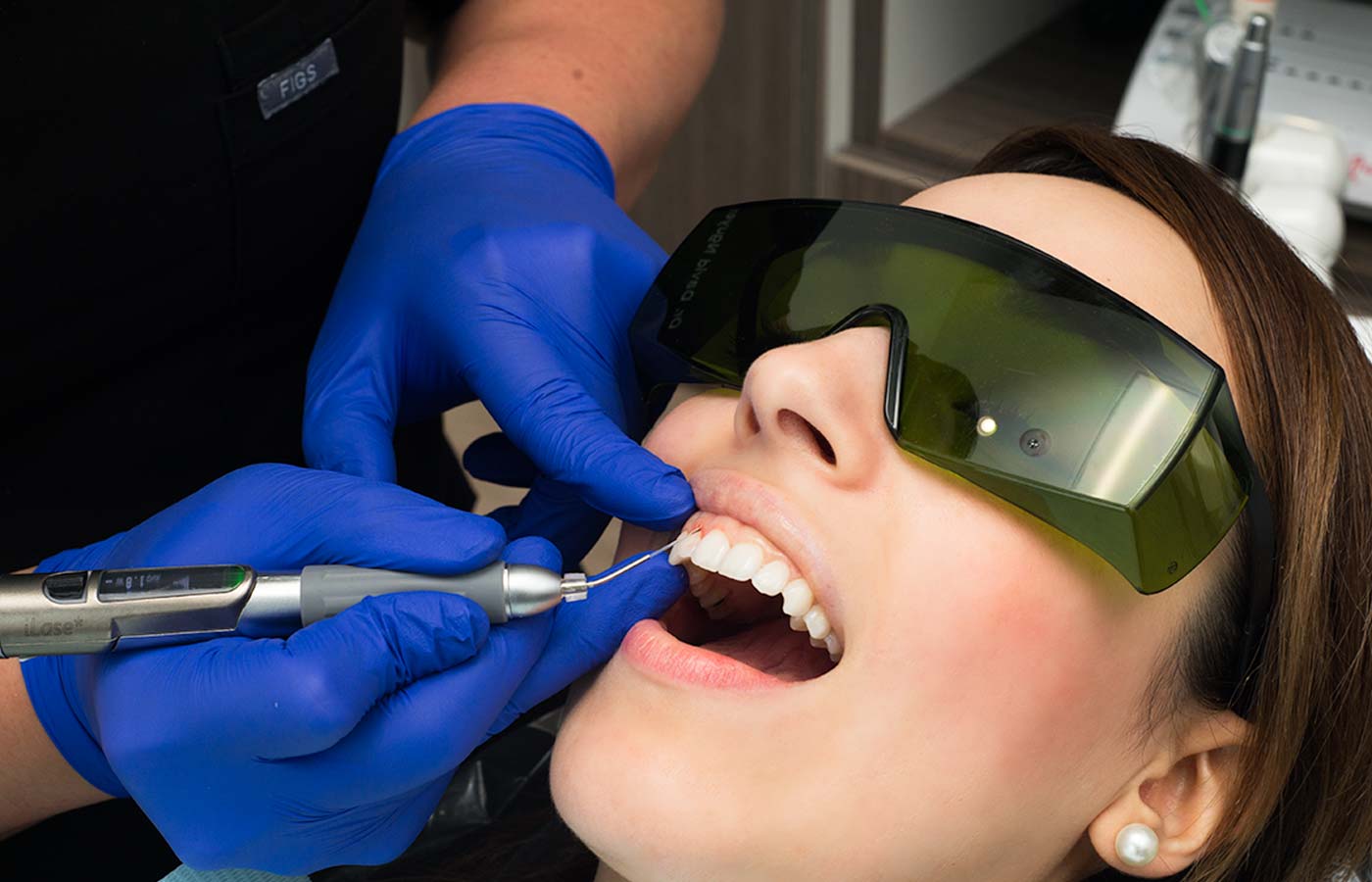
Who Performs Tooth Scaling and Root Planing?
Dentists and periodontists (gum disease specialists) can treat tooth scaling and root planing. They are well-trained and experienced in treating the gum disease. However, a dental hygienist usually performs the procedure. Tooth scaling and root planing are done at the same dental visit. You'll usually need more than one appointment to treat your teeth.
How Does the Procedure Work?
Your dentist will take an x-ray and review your medical history before the surgery. They'll then have a clear sense of what areas to focus on. Following this initial planning step, the dentist will use a unique tool to measure the gum socket depths.
This technique is also used for probing to determine gingivitis or periodontitis. The dentist then begins the scaling process. Your dentist will remove the tartar from your teeth by scraping. An ultrasonic instrument is also utilized if needed. Gritty toothpaste is then used to polish the teeth.
The teeth are then smoothed with an air polisher. The dentist can also do final flossing. Lastly, fluoride therapy may be used. This process helps remineralize the enamel on your teeth.
In Conclusion:
Teeth cleaning is beneficial and helps keep your teeth and gums clean, avoiding cavities and tartar development. Book an appointment with your saturday dentist near me now if you suffer from gum bleeding or tooth pain. It is better to consult a dentist to treat it earlier for better oral health.

